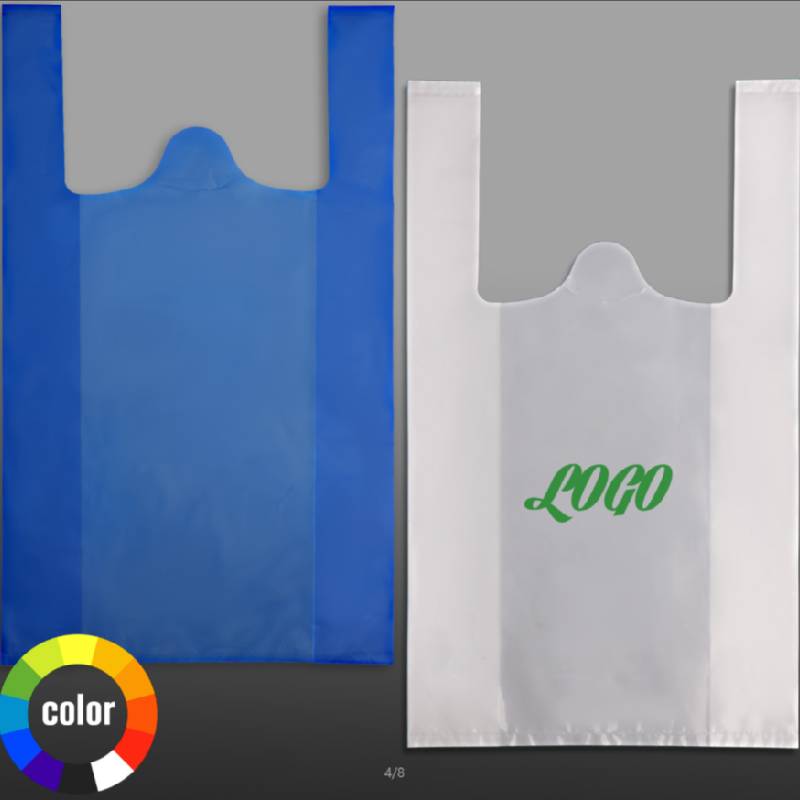compostable pouch bags
The Rise of Compostable Pouch Bags A Sustainable Solution for Packaging
In recent years, there has been a growing awareness regarding the environmental impact of traditional packaging materials, particularly single-use plastics. As consumers become more conscious of their ecological footprint, the demand for sustainable alternatives has surged. Among these alternatives, compostable pouch bags have emerged as a promising solution, blending convenience with environmental responsibility.
What are Compostable Pouch Bags?
Compostable pouch bags are packaging solutions made from natural materials that can break down into organic matter when composted. Unlike conventional plastic bags, which can take hundreds of years to degrade, compostable pouches are designed to decompose within a few months under composting conditions. Typically made from materials such as cornstarch, cellulose, or other biodegradable polymers, these bags not only minimize waste but also contribute positively to soil health when processed correctly.
Benefits of Compostable Pouch Bags
1. Environmental Impact One of the most significant advantages of compostable pouch bags is their reduced environmental footprint. As these bags decompose, they return nutrients to the soil, promoting healthy plant growth. This is a stark contrast to plastic bags, which often end up in landfills or oceans, where they can harm wildlife and disrupt ecosystems.
2. Consumer Appeal With increasing consumer awareness regarding sustainability, many brands are adopting compostable packaging to attract eco-conscious consumers. Offering products in compostable pouch bags not only aligns with a brand's commitment to environmental responsibility but also enhances its marketability.
3. Versatility Compostable pouch bags come in various shapes and sizes, making them suitable for a wide range of products. Whether it’s food items, personal care products, or household goods, these pouches can be customized to fit brand needs while ensuring that sustainability remains at the forefront.
4. Regulatory Support Many governments around the world are implementing stricter regulations on plastic use, fostering a more favorable environment for compostable materials. As policies evolve, businesses that invest in compostable pouch bags may find themselves ahead of the curve, prepared to meet future legislative demands.
compostable pouch bags

Challenges in Adoption
Despite their numerous advantages, the adoption of compostable pouch bags is not without challenges. One significant hurdle is the need for proper composting facilities. While these bags are designed to break down naturally, they require specific conditions, typically found in industrial composting facilities, to decompose efficiently. This means that without access to appropriate composting services, the potential benefits of compostable bags may be diminished.
Another challenge lies in consumer awareness and behavior. While many consumers express a desire for sustainable products, they may not be familiar with the proper disposal methods for compostable materials. Education on the importance of composting and how to identify truly compostable products versus those labeled as biodegradable (which may not break down as efficiently) is crucial for maximizing the impact of these packaging solutions.
The Future of Compostable Pouch Bags
The future of compostable pouch bags looks promising as innovation continues in the field of biodegradable materials. Research and development are paving the way for more efficient production processes and improved material properties, allowing for the creation of strong, lightweight, and functional packaging solutions that meet the needs of businesses and consumers alike.
Moreover, partnerships between packaging manufacturers, brands, and recycling facilities can enhance the appeal and effectiveness of compostable pouch bags. By creating accessible composting options and raising awareness about the proper disposal methods, all stakeholders can contribute to a sustainable packaging ecosystem.
Conclusion
As the world increasingly gravitates towards sustainable practices, compostable pouch bags represent a significant step forward in reducing plastic waste and promoting environmental health. While challenges remain in their widespread adoption, the benefits of these innovative packaging solutions are clear. Through continued investment in education and infrastructure, compostable pouch bags have the potential to transform the packaging landscape, offering a viable alternative that aligns with both consumer values and ecological stewardship.
-
The Best Uses for Small Trash Bags in Daily LifeNewsJul.01,2025
-
Stylish Reusable Grocery Bags TrendsNewsJul.01,2025
-
Shipping Advantages of Using Bubble Envelopes BulkNewsJul.01,2025
-
How Compostable Mailing Bags Reduce Environmental ImpactNewsJul.01,2025
-
Environmentally - Friendly Bulk Poly MailersNewsJul.01,2025
-
Eco Friendly Custom Laminated Tote BagsNewsJul.01,2025
-
Have the freedom of customizing your custom mailers any way you want! Our dedicated packaging support will help deliver you the mailing experience you need to elevate your shipping experience to the next level! Start making a strong impression on your customers and stand out from your competitors! -
LIYA uses high quality raw materials which directly purchased from large enterprises domestic and overseas such as PetroChina, Sinopec, Sabic, Equate, ExxonMobil, Dow Chemical, Total, and Borouge, ensuring the price advantage and quality of the raw materials. -
LIYA uses high quality raw materials which directly purchased from large enterprises domestic and overseas such as PetroChina, Sinopec, Sabic, Equate, ExxonMobil, Dow Chemical, Total, and Borouge, ensuring the price advantage and quality of the raw materials.





